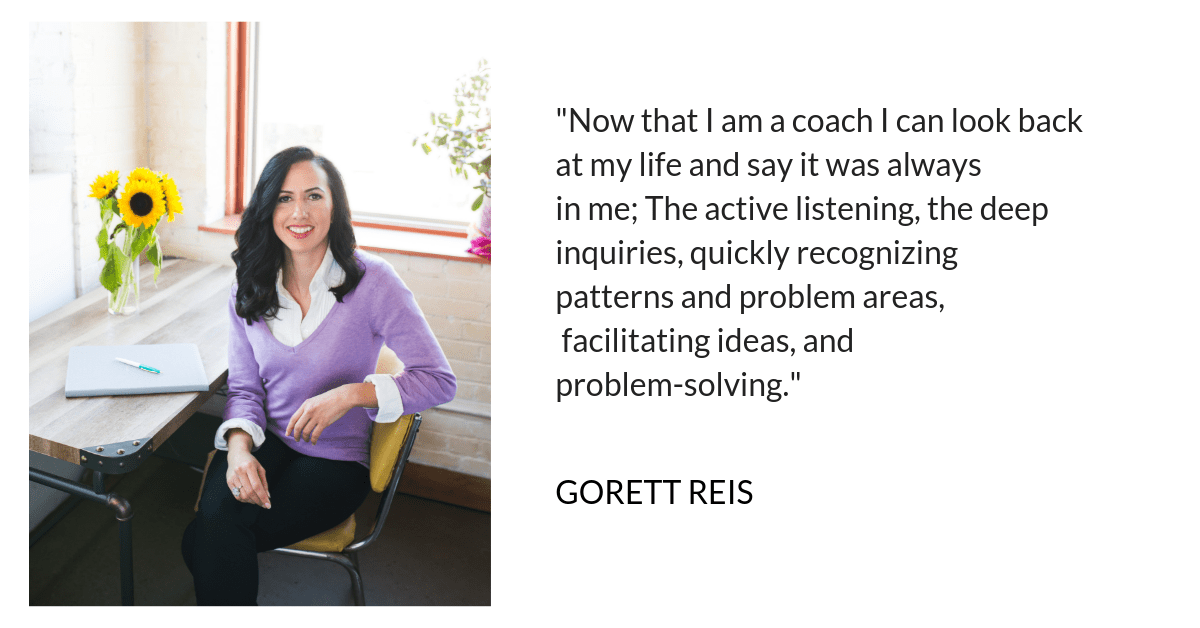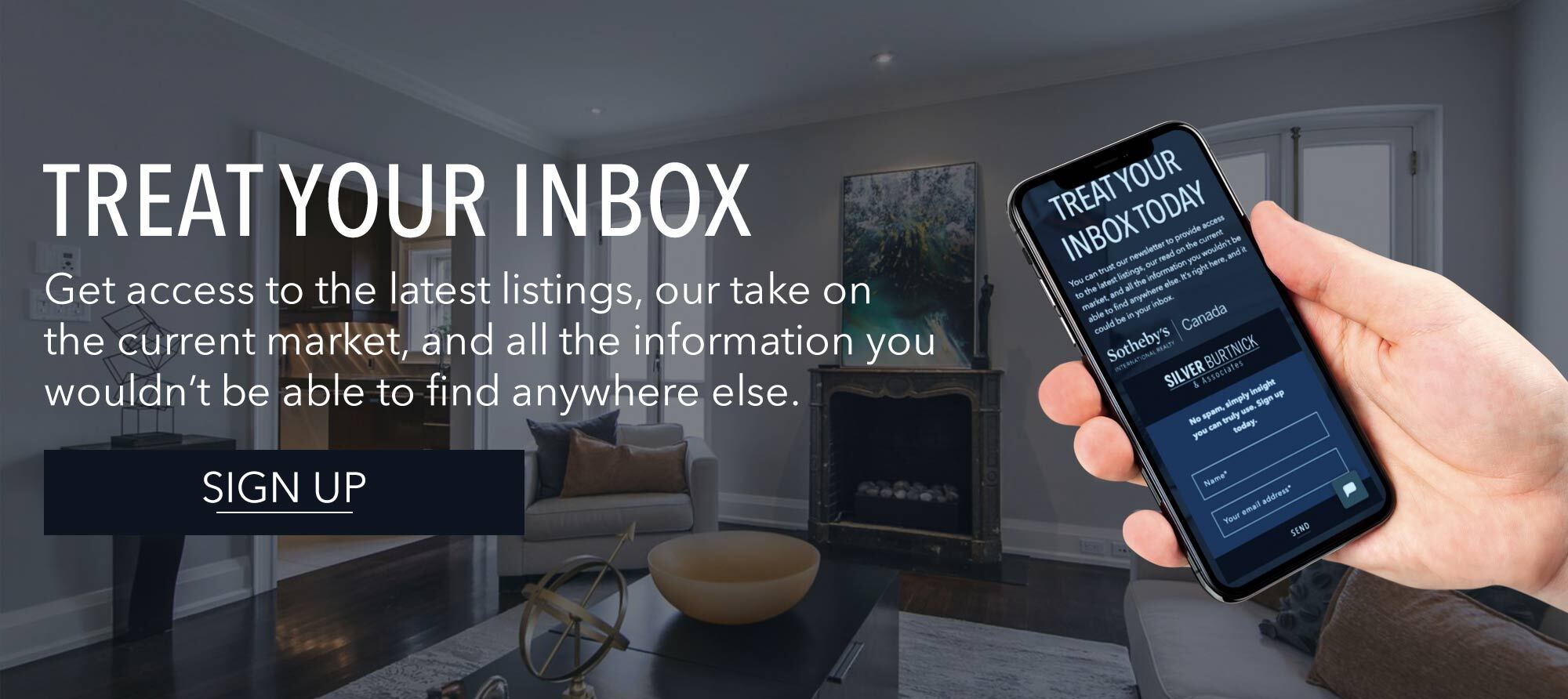There is a lot of curiosity around personal coaches, who they are, what they do, and how they can help guide a person to reaching their goals and living ‘their best life.’
Gorett Reis is a Certified Life Coach, Career Coach and a speaker who helps stuck, stressed, and dissatisfied professionals advance their career or find direction so that they can achieve greater fulfillment. As a speaker, she talks about how to attain more life and career fulfilment through live events, Lunch & Learns, webinars, and podcasts. As someone who re-evaluated her career choices and started over again, Gorett is well-suited to helping people get their life on track. She is someone who embodies the spirit of ‘practice what you preach.’
Every day Gorett uses her own personal experiences, training and commitment to growth and education to help her clients, who range in background from actors to high level executives.
Your background is in teaching, what made you decide to become a teacher?
I decided to become a teacher when a university friend of mine recognized I would be a ‘good teacher.’ I wasn’t sure what I wanted to do the first and second year at Waterloo (my first university) so I thought I should pursue it. I liked helping people and had taught and tutored people in the past so I thought it could work.
Was there a specific pivotal, ‘aha’ moment that made you decide to change the trajectory of your career?
Yes and no. Yes, because after many years in education, the last few quite dissatisfying, I decided to figure out a new direction. During my Christmas break in 2014 I came up with ‘life coach’ after an hour or so of silence and working out my thoughts on a notepad. Once life coach came up, I knew that was it and fully committed myself to making it happen.
No, because, although there were aspects that I loved about teaching, I knew something was missing for many years but did not know what would fulfill me. Political views aside, there are a lot of changes coming to teaching in Ontario.
How could your personal experiences as both a teacher and a coach help teachers who are teaching but also debating exploring other options for what’s next?
Well, to put it out there, I am not a fan of the cuts. It affects the quality of education and marginalized students. I get wanting to ‘modernize’ the education system; however, I believe cuts to already strained classes and students are not the answer.
My advice for teachers who are teaching, and want to continue, is to be resilient and make classroom adjustments where necessary (i.e. more group or peer marking, anything to better the situation). For teachers thinking about other options or are out of a position, I would advise them to think of what they like to do, and what they are good at, and look into creating their own service (i.e. tutoring) or apply to roles outside of the classroom (whether in education or not). Ideally, where their teaching and knowledge is transferrable. If they need help with this, I strongly suggest they hire a coach. Someone who would be a good fit for them.
You trained and received life coach certification from Martha Beck Inc. (Dr. Martha Beck used to be Oprah’s coach), what made this training different from other certification providers?
I felt it was different from other coach training programs that I researched because it seemed more wholistic to a person’s needs and desires. Once I began the course, I found it did address what a person truly wants and how to achieve it from multiple angles. From what I read about or experienced with other schools, the tools provided more deep, sustainable change, and less quick fix, surface approaches. I also aligned with Martha Beck’s coaching philosophy about the client having all the answers and helping them find them and/or reconnect to them.
The certification, on the other hand, was optional at the end, which I decided to do. It was, however, as rigorous as an International Coaching Federation (ICF) certification. How do I know this? I heavily researched that too to make my decision, and both requirements were very similar.
Is there anything you’ve had to ‘unlearn’ or be particularly mindful of in your work as a coach?
Not really. I say this because before being trained as a coach I had been informally coaching for years, from about 12 in fact. Now that I am a coach I can look back at my life and say it was always in me; The active listening, the deep inquiries, quickly recognizing patterns and problem areas, facilitating ideas, and problem-solving. I also believe my education helped me be mindful of power dynamics, how to work with adults, etc.
This said one area to be mindful of, however, are my blind spots. Things I cannot clearly see because I have my own preconceptions or views about a subject or situation. If I feel strongly about a topic or situation, is it because of what is being presented, or my own experiences or opinions about it?
What learnings as a coach have you applied to your own personal life and career?
Definitely ‘live it to give it’ and the Ideal Day exercise.
‘Live it to Give it’ is pretty self-explanatory, however, essentially it means that for you to be able to coach or teach someone (give it) you should do it yourself first (live it). It would be hypocritical to espouse something you have not tried or applied yourself. I really take this to heart so I do what I love, which is coaching, and live my best life, like traveling and other life-affirming goals and activities, so others, who I coach, can too.
A tool I use from my training is the Ideal Day exercise. It is where you imagine your ideal, average, workday and work towards closing any gaps or discrepancies in your ideal day and current reality. I currently and consistently achieve the first ideal day I ever imagined and I am working towards the second ideal day as it can change over time.
You’ve travelled to over 30 countries for your work and personal life, are there any cultural practices or philosophies that have inspired you? How have you applied them to your own life?
I am inspired by many philosophies and practices, however, most of the philosophies and practices I learned first through reading about them. Some of these philosophies and practices are indigenous, Chinese (i.e. traditional medicine, Feng Shui, Qi Gong and yin and yang), arete (Greek), kaizen (Japanese), mindfulness, meditation, yoga, etc.
I apply mindfulness, meditation, and yoga in my life. Mostly daily for the first two. I have seen acupuncturists and Traditional Chinese Medicine doctors for prevention, and love ancient Chinese philosophies. I aspire for arete (excellence of any kind) and kaizen (improvement) and feel very deeply for our earth and how we treat it (indigenous beliefs about our earth being sacred). I try to be mindful of my ecological footprint and have daily habits of not adding to it, although I am no saint and travel from time to time so I would say that is the area where I have more of a footprint.
What professional development do you work on to stay at the top of your industry? What publications do you read/ who are your favourite thought leaders?
I constantly read books related to my profession. Mainly for more tools and ideas to serve my clients. I am continuously in one or multiple programs and I also go to mindset or business conferences throughout the year.
I read, or subscribe to, Deepak Chopra, Fabienne Frederickson, Martha Beck, and Gary Vaynerchuck. I realize Gary is not everybody’s favourite, however, I think his ideas and insights are fresh or on point. I also follow Shane Parrish from Farnam Street and Tim Ferriss occasionally.
Who are your personal mentors? Why?
Mr. Mota, my high school art teacher, was my first mentor. He believed in me when I didn’t believe in myself and encouraged me to grow. Oprah, growing up, was my virtual mentor. I would watch her show when I could and took a lot from it.
My current mentors are Fabienne Frederickson and Kiva Schuler. They both help me and others with business and empowerment.
Your clients range from actors to executives. How are these clients both different and similar? (how is your approach different and similar)?
They are different because each personality is different and their positions are different. They are similar in that they both find something is lacking in their career and lives, and want to address it. They are both seeking clarity, more financial security, and fulfillment.
I have some recurring steps and tools I use with clients. However, my packages, and approach, are specifically tailored to the individual’s goals and needs.
What is something most people don’t know about you?
Most people don’t know I am the youngest of seven and grew up in Cambridge, Ontario.
What are you most proud of (both personally and professionally)?
Personally, I am proud to be the first person in my family to go to university and not only get one degree but three degrees from the University of Toronto.
As for professionally, for acting fast on my career change and developing my clientele enough to leave my teaching position within 7 months.
What are you currently working on improving in your life?
I am working on setting up better financial structures and systems within my company.
What do you think we should all be doing to help improve the city of Toronto?
I believe a good start would be to address our housing affordability situation.
What upcoming projects are you excited about?
Digital marketing projects and hiring someone to help me with it, a potential rebrand or new look via a designer and a future group coaching program.







